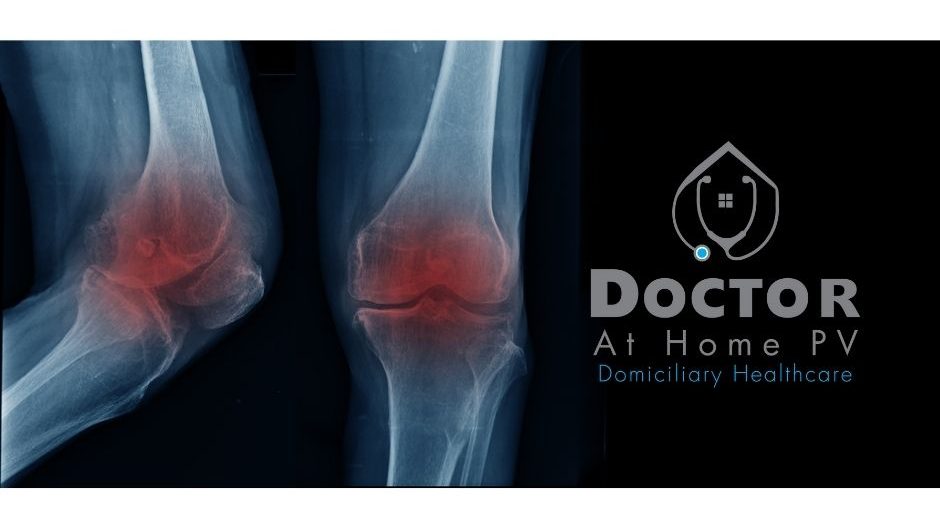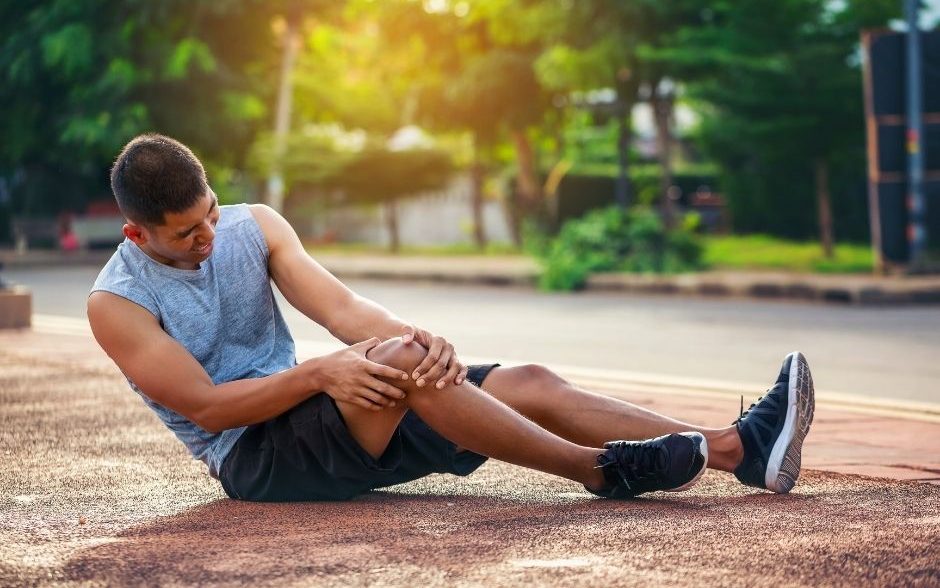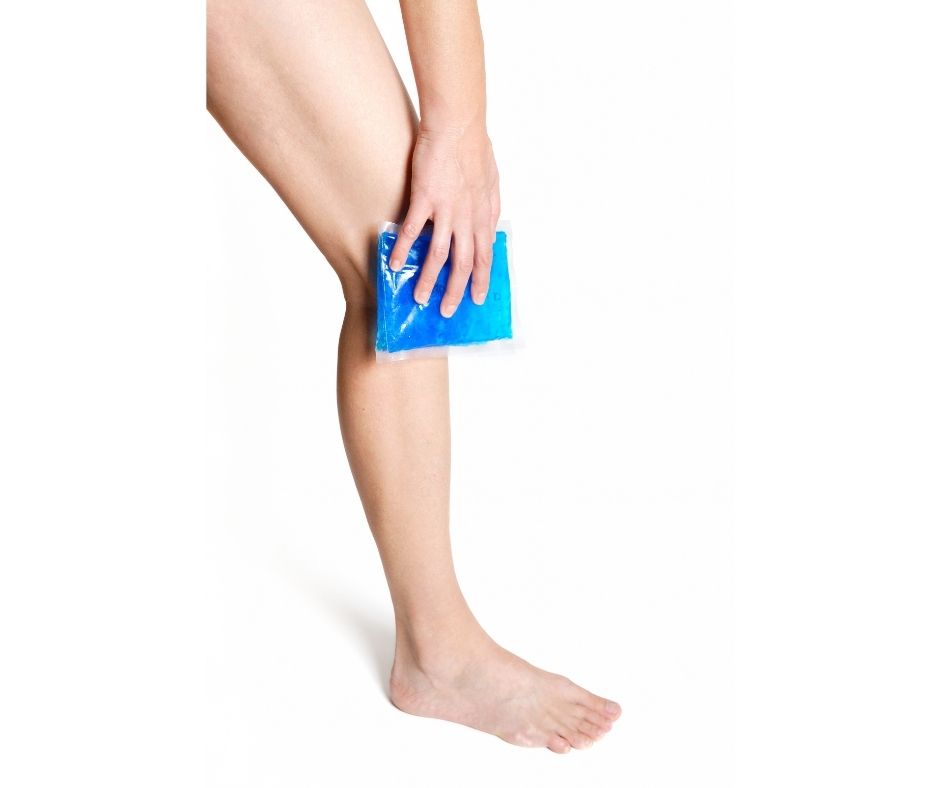Knee Pain
The causes of knee pain are very varied, which is why its diagnosis and treatment usually require a comprehensive evaluation. In the following article, we will tell you about some aspects that you should know about knee pain.
What causes knee pain?
The most common causes are the following:
- Bending or overusing the knee: The pain from this cause is concentrated in the front of the knee and increases the pain when climbing stairs, running, or sitting for a long time with excessive knee flexion.
- Arthritis: This term refers to inflammation of any joint. There are many types of arthritis, but the most common is osteoarthritis, which is due to age-related wear and tears on the joint and presents with inflammation and stiffness of the joint.
- Bursitis: bursae are small bags of fluid that we have in the joints and when they are injured, they can become inflamed and cause pain.
- Fluid buildup in the knee: This most commonly occurs after a traumatic knee injury.
- Meniscus tear: The menisci are pads that help cushion the impacts on the knee when walking, running, jumping, etc. If they can break after a trauma or wear out from use.
- Muscle injury: There are many muscles involved in the movement of the knee, if any of these are injured it can cause pain with the movement of the knee.
- Conditions that are not related to the knee: if the biomechanics of the knee is affected, for example by a hip problem, it can cause knee pain.
- Other causes: infections in the joint or the presence of uric acid crystals can cause pain.
How can knee pain be relieved at home?
The application of ice is one of the most effective home treatments, what should be done is that after an injury or activity that causes pain in the knee, ice should be applied every 1 or 2 hours for 15 minutes each time until the pain is reduced. pain.
Rest your knee and avoid movements that make the pain worse, such as running or climbing stairs. To exercise when your knee hurts, opt for walking or swimming.
You can take medications that help relieve pain such as paracetamol or ibuprofen.
When to visit the doctor?
You should visit the doctor or orthopedist if you cannot put weight on the knee, if it locks or flexes involuntarily if it is very swollen or in a lot of pain if you also have a fever or redness in the knee, and, finally, if after a few days the pain does not improve or even worsens.
What is the treatment for knee pain?
It will depend on the cause of the pain, but they can be the following:
- Use of knee brace or insoles for footwear.
- Physiotherapy.
- Steroid injection of the knee (direct injection into the joint)
- Medicines for the causes
- Surgery if needed (includes knee repair or replacement)
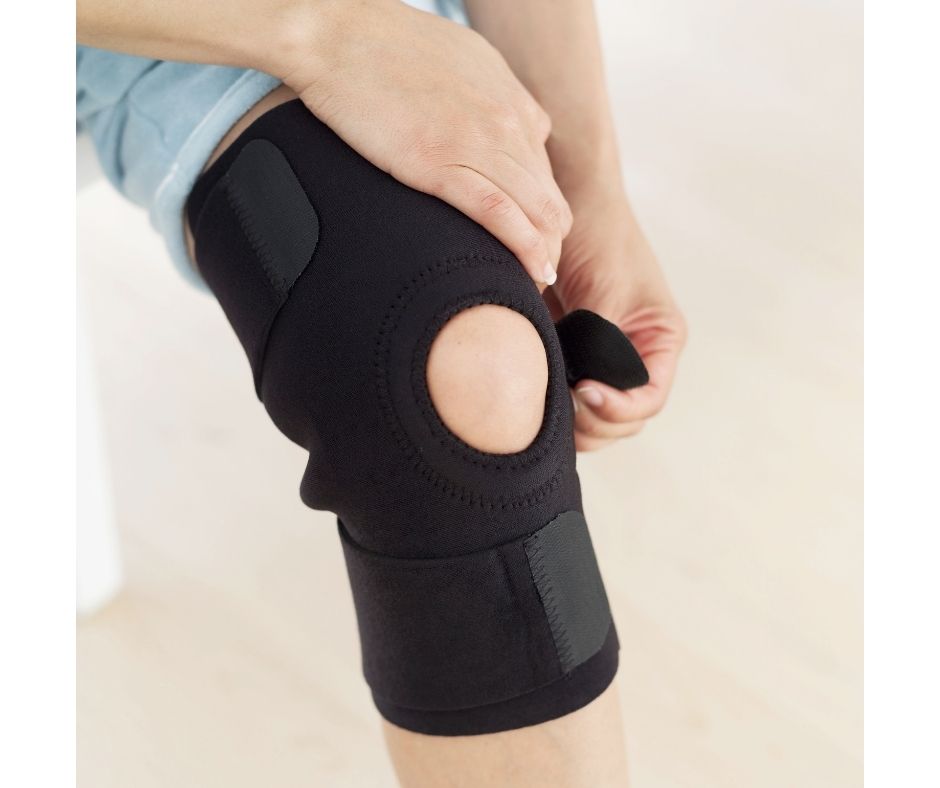
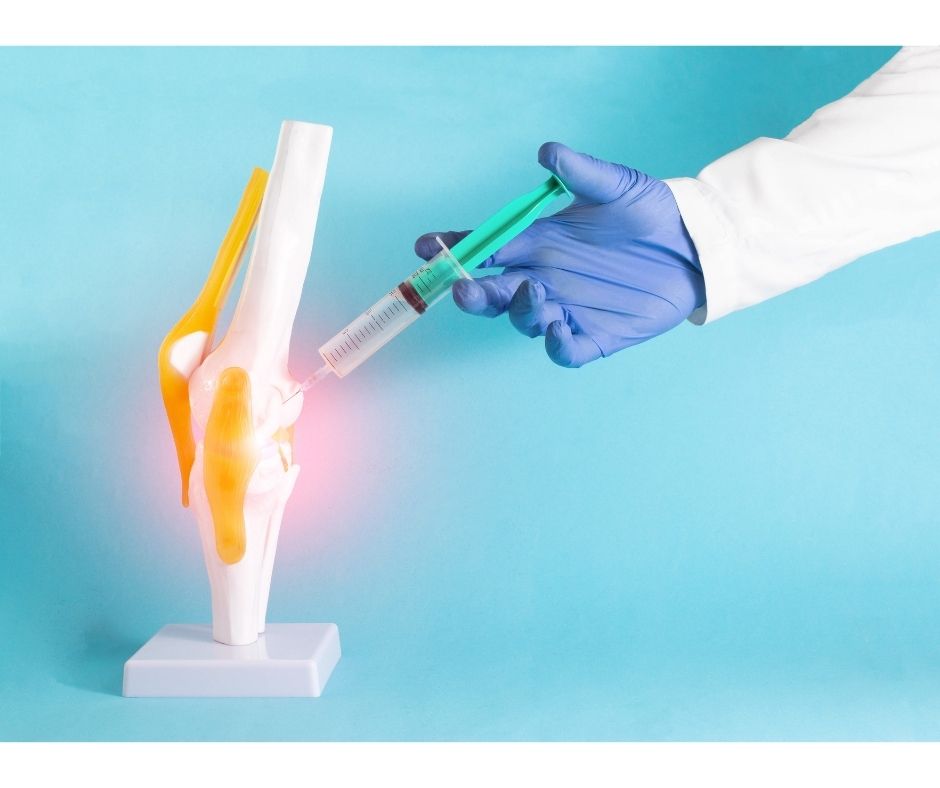
If you need more information or assessment, do not hesitate to make an appointment with our traumatologists and orthopedists, just visit our MEDICAL DIRECTORY.
Source: UpToDate
